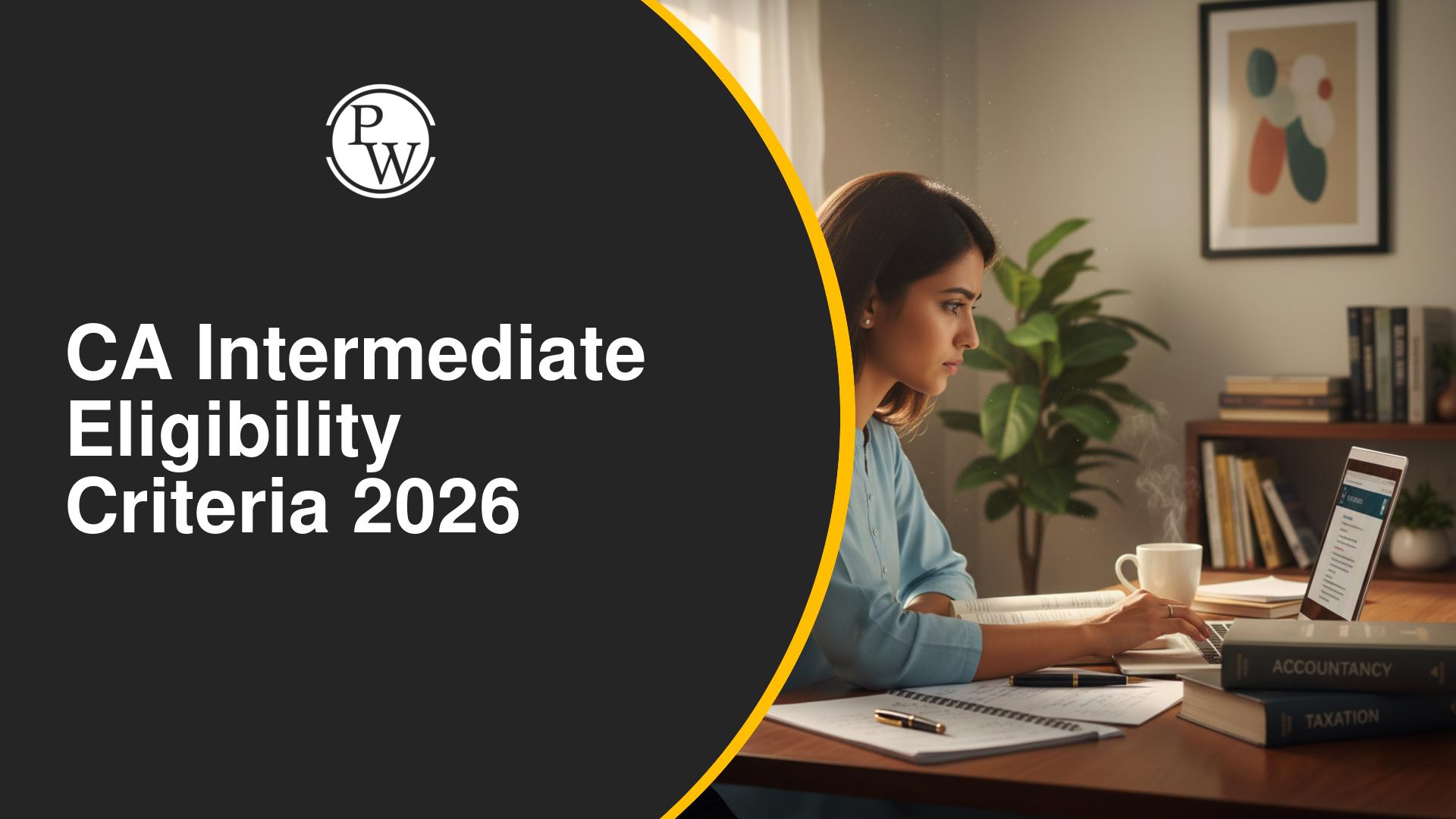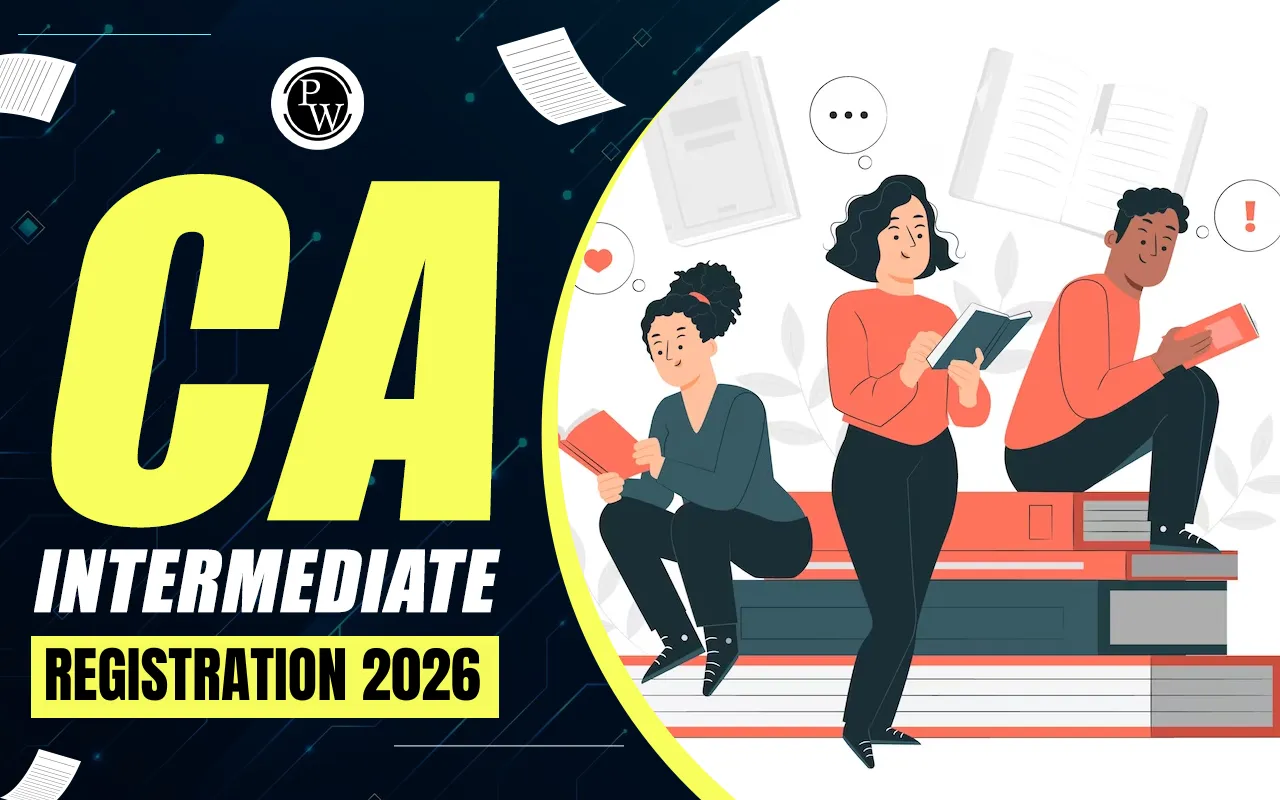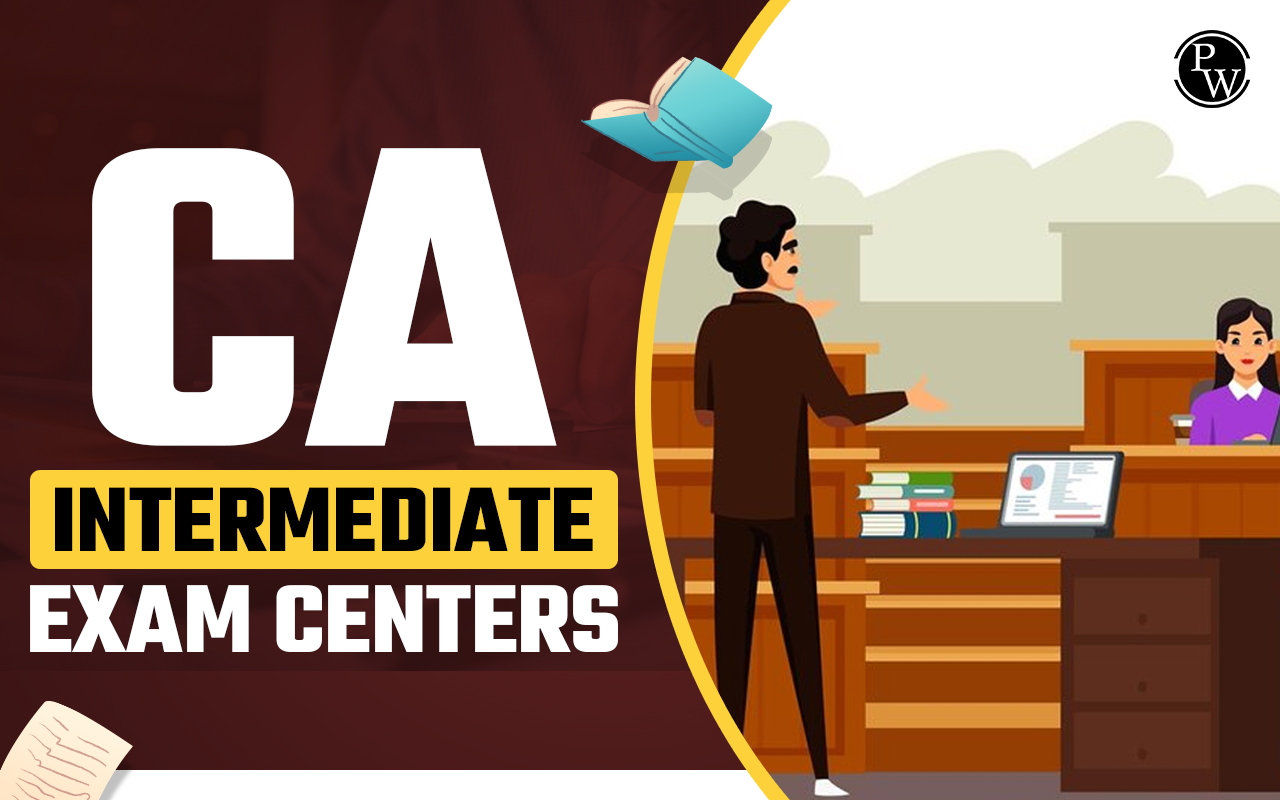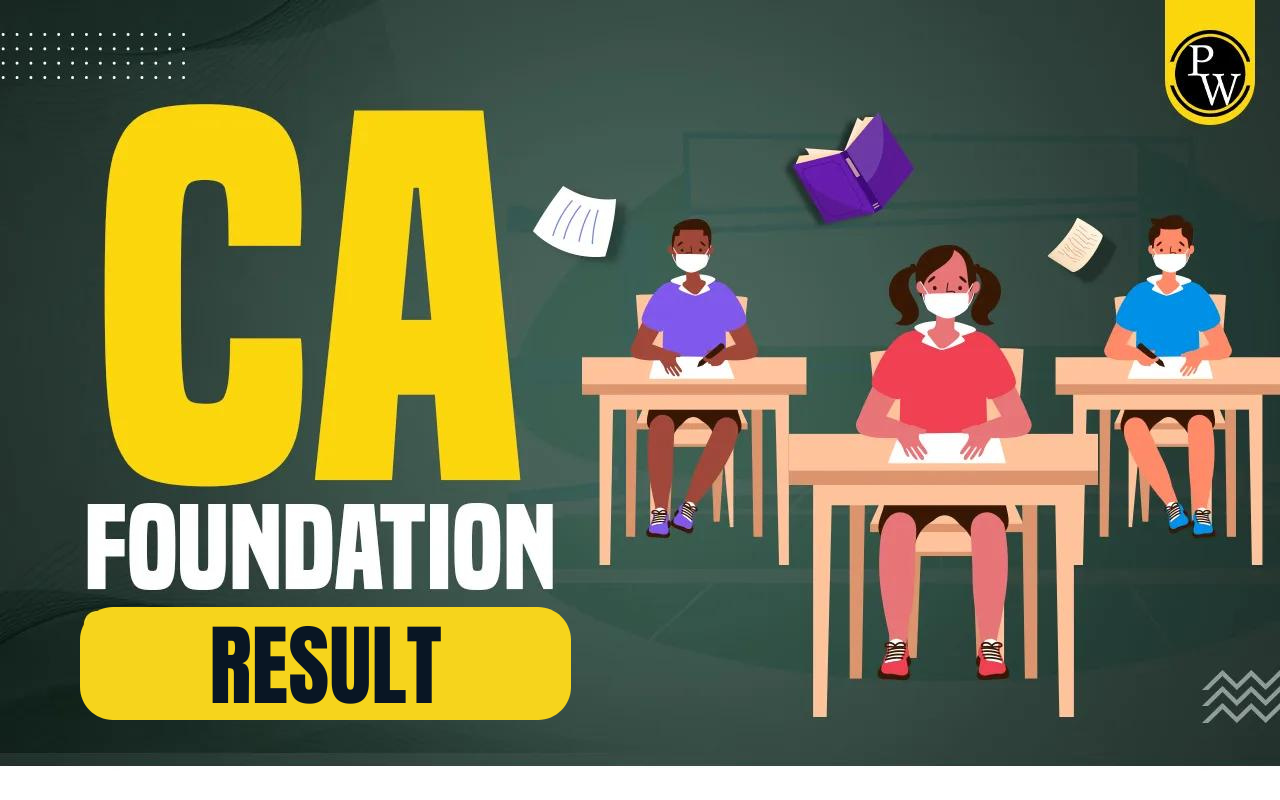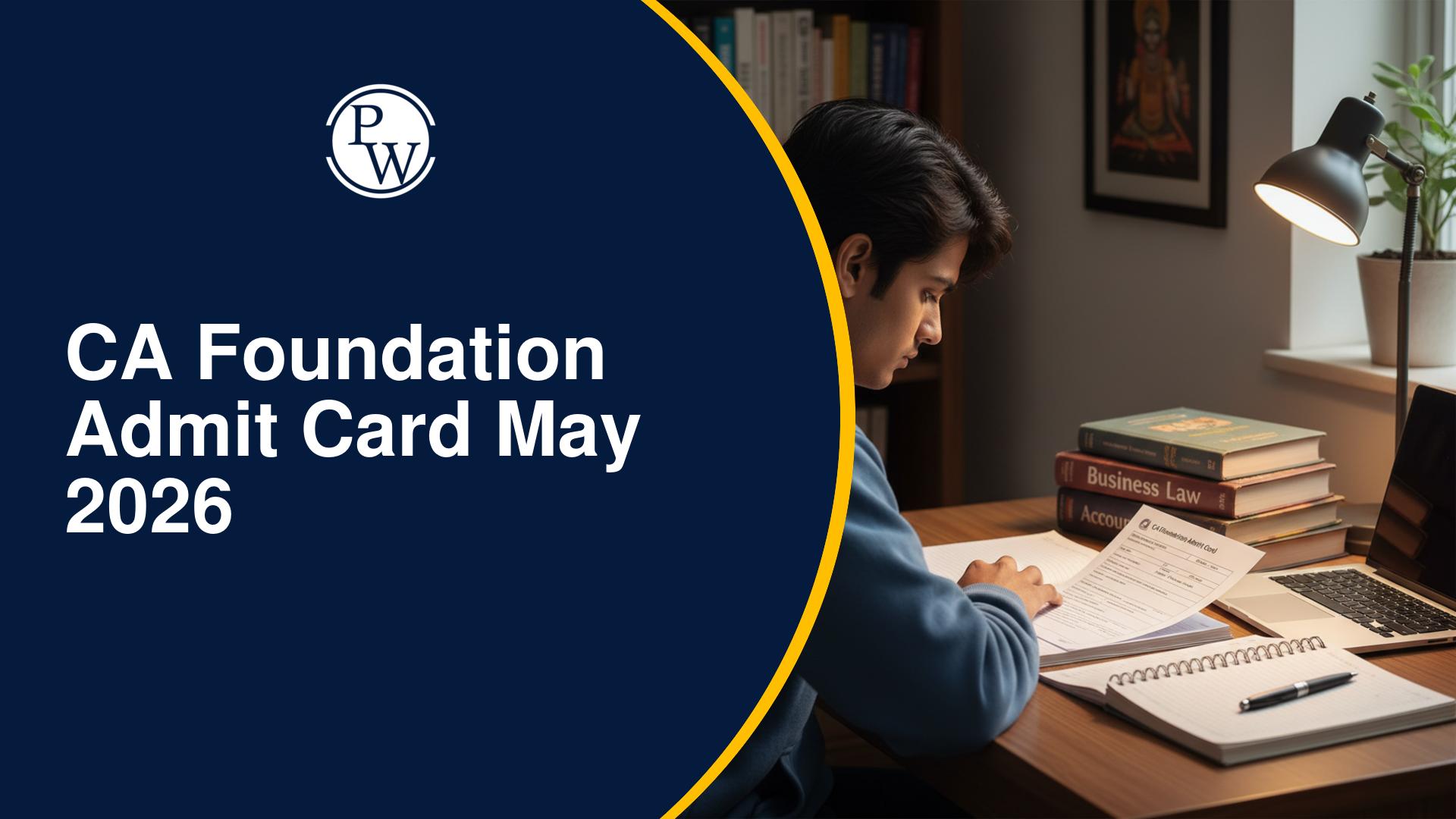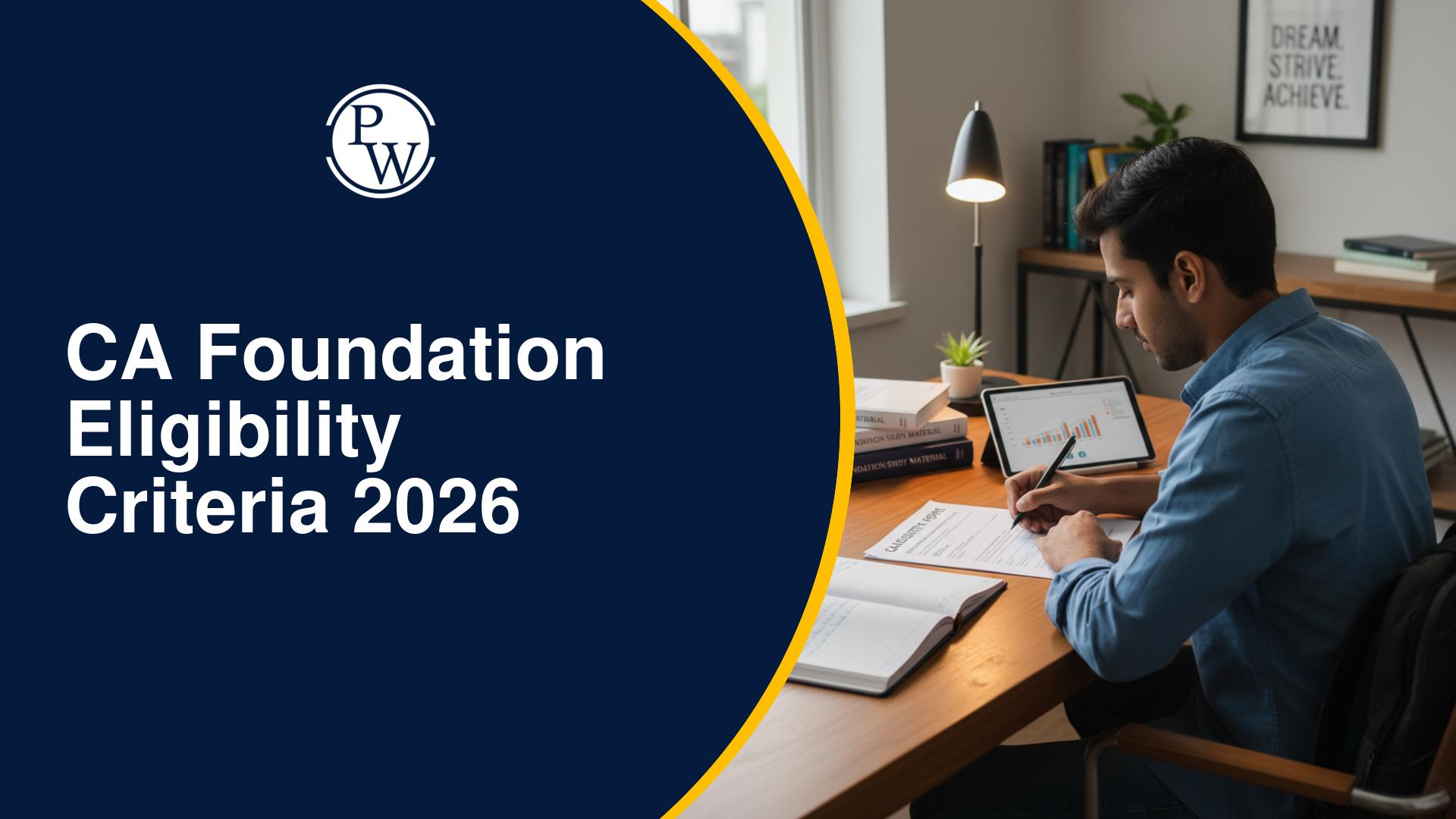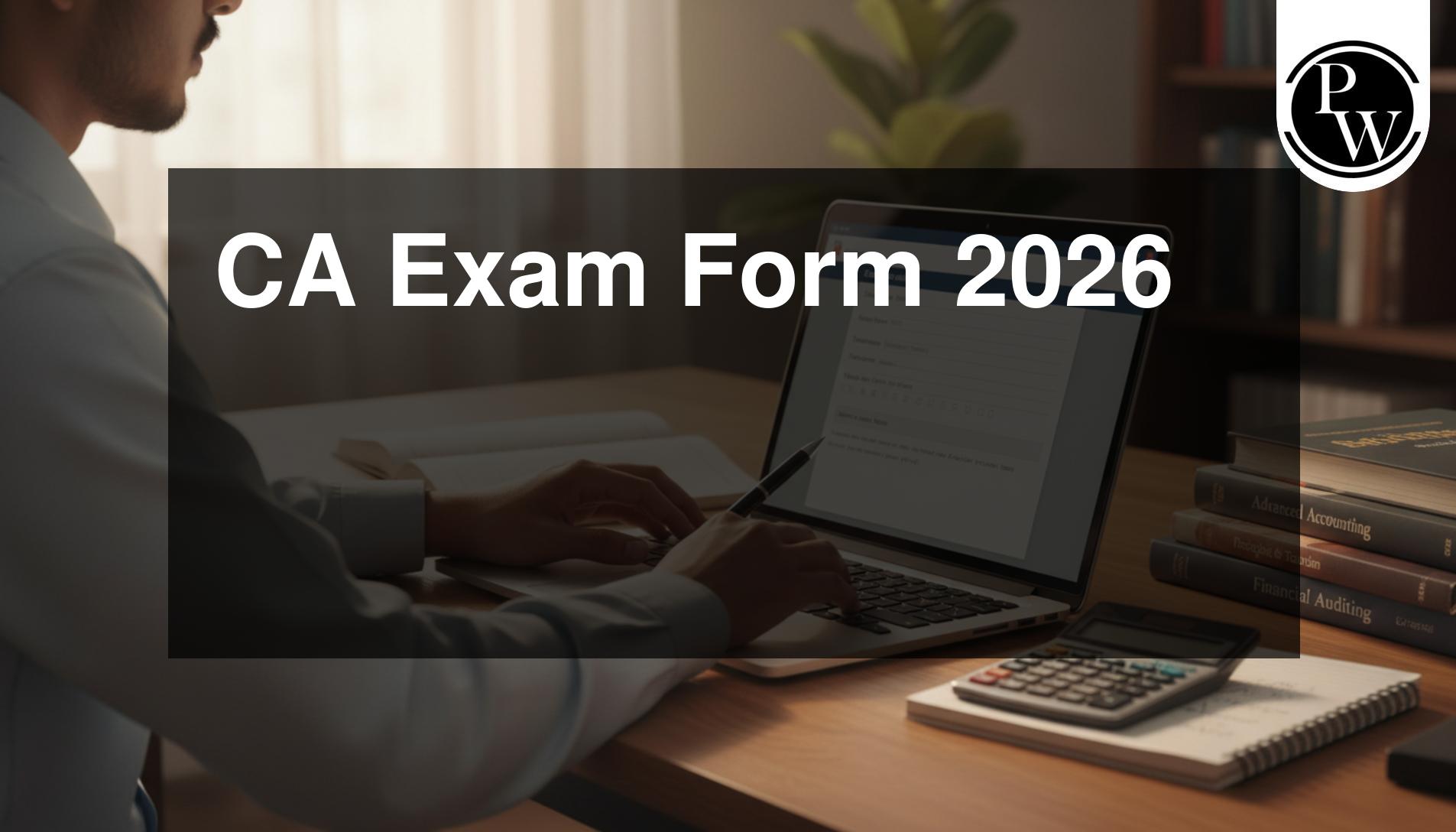
Chartered Accountancy (CA) is a highly sought-after career in India. It's a challenging journey to embark on, but once achieved, it offers an excellent career trajectory, attractive income, and the admiration of others. The respect for CAs doesn't stem solely from their title or earnings but mainly from the difficulty of attaining this qualification.
Becoming a CA is undeniably one of the most demanding professions out there. We believe in providing candid and genuine career guidance, so we want to begin by acknowledging the tough path ahead.
If you're determined and committed, let's delve into this career guide!
What is Chartered Accountancy?
Chartered accountancy, also known as accountancy, is all about handling an organization's money matters. This job includes tasks like keeping financial records, creating budgets, conducting audits, devising business strategies, and dealing with taxes.
The key distinction between an accountant and a chartered accountant is the level of expertise. Chartered accountants undergo rigorous training over several years and pass numerous exams covering various aspects of accounting to earn their prestigious title.
Role of Chartered Accountant
Chartered accountants are experts in finance who operate across different parts of the economy. They handle the money matters of organizations, offer financial guidance, and assist in financial management. This can include working with businesses, individuals, or government entities.
Why Choose a Career in Chartered Accountancy?
One compelling reason to consider a career in chartered accountancy is the excellent pay and job security it offers. In a world where money plays a vital role, businesses rely on professionals to handle their finances, assist with tax filings, and conduct audits.
As a chartered accountant, you'll find a multitude of job opportunities available across various industries. Finance management is a necessity for every organization, and chartered accountants are the go-to experts for this essential function.
Opportunities in Chartered Accountancy
- Businesses and Industries: You can work for companies in different sectors.
- Chartered Accountant Firms: Joining established CA firms is an option.
- Consultancy Firms: You can work with consulting companies.
- Institutions: Some institutions also hire chartered accountants.
- Capital Market Services: Opportunities in the financial market are available.
- Financial Institutions: Banks and other financial institutions seek skilled CAs.
- Independent Practice: You can work on your own and provide services to clients.
Advantages and Disadvantages of a Career in Chartered Accountancy
- High Earnings: Chartered accountants can earn a six-figure salary.
- Strong Demand: There is a high demand for chartered accountants in the job market.
- Growing Opportunities: The field offers growth and various career prospects.
- Stable Income: You can expect a stable income.
Disadvantages:
- Ongoing Learning: Continuous learning is essential to keep up with financial changes.
- Monotonous Hours: The job can involve long and repetitive working hours.
- Year-End Deadlines: Deadlines at the end of the financial year can be challenging.
- Stressful Work: The profession may be stressful due to workload.
Deciding whether a chartered accountancy career suits you depends on your personality and preferences.
Eligibility for Chartered Accountancy
Becoming a Chartered Accountant can be your goal whether you're finishing high school or have completed your undergraduate or postgraduate studies. The paths are similar, but if you're a college graduate, you can skip some initial steps.
Path After High School (Foundation Course Route):
- Enroll in the CA Foundation Course after completing high school.
- Complete a 4-month study period and take the CA Foundation Examination.
- Enroll in the CA Intermediate Course after passing the CA Foundation Exam.
- Finish a 4-week Integrated Course on Information Technology and Soft Skills (ICITSS) before starting your articleship.
- Study for 8 months in the CA Intermediate course and appear for the exam (two exam groups, pass at least one).
- Begin a 3-year articleship after passing one group of the CA Intermediate Exam and complete ICITSS during your articleship.
- Clear the remaining group of the CA Intermediate Exam (if needed).
- Enroll in the CA Final Course.
- Complete a 4-week Advanced Integrated Course on Information Technology and Soft Skills (AICITSS) during your articleship and before the final exam.
- Take the final exam after your articleship or within the last 6 months of it.
- Finish your articleship.
- Pass the CA Final Examination.
- Enroll as a Chartered Accountant with the ICAI.
Path After Graduation/Post-Graduation (Direct Entry Route):
- Enroll in the CA Intermediate Course.
- Complete a 4-week Integrated Course on Information Technology and Soft Skills (ICITSS) before starting articleship.
- Register for a 3-year articleship or practical training.
- Appear for the CA Intermediate Examination after 9 months of training.
- Clear both groups of the CA Intermediate Examination.
- Register for the CA Final Course.
- Complete a 4-week Advanced Integrated Course on Information Technology and Soft Skills (AICITSS) during the last two years of your articleship and before the final exam.
- Take the final exam after your articleship or within the last 6 months of it.
- Complete your 3-year training.
- Pass the CA Final Examination.
- Enroll as a Chartered Accountant with the ICAI.
These are the steps you'll follow on your path to becoming a Chartered Accountant, depending on when you start your journey.
Roles in Chartered Accountancy Careers
In the world of chartered accountancy, various roles come with distinct responsibilities:
- Financial Accounting : This involves handling financial accounts, conducting internal audits, managing payroll, sending invoices, and overseeing tax matters.
- Auditing : Duties encompass performing statutory audits in accordance with the Company Act and conducting internal audits for financial accuracy.
- Cost Accounting : This role entails forecasting, budgeting, and controlling expenses to ensure efficient financial management.
- Tax Management : Accountants provide guidance on tax matters, aligning strategies with changes in business plans to optimize tax outcomes.
- Consultancy : Chartered accountants offer valuable advice on corporate law related to finance, project planning, and business strategies for profitability, expansion, and effective information systems management.
These diverse roles are integral to the field of chartered accountancy, each contributing to the financial well-being and compliance of businesses.
Chartered Accountancy FAQs
What is Chartered Accountancy (CA)?
How does a Chartered Accountant differ from an accountant?
What roles do Chartered Accountants typically perform?
Why choose a career in Chartered Accountancy?
How can I become a Chartered Accountant?

